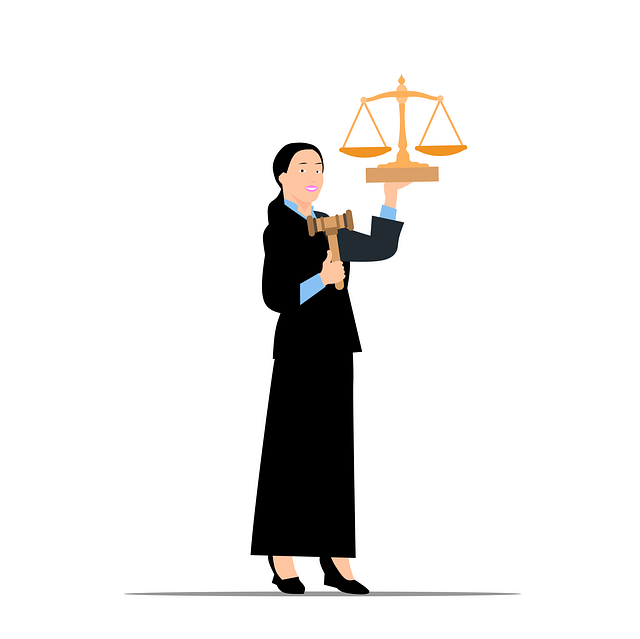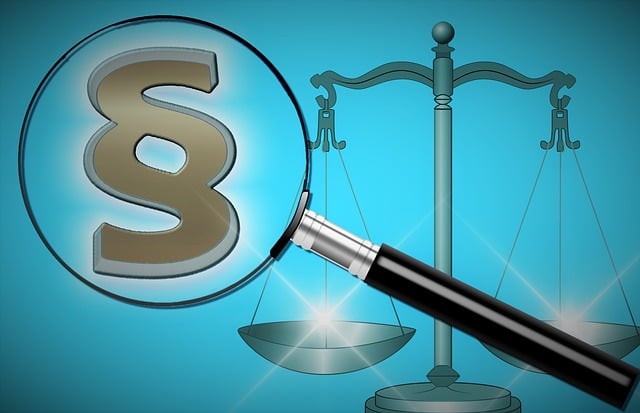Employment law violations can be reported and addressed effectively to protect employees and employers. Understanding relevant laws and gathering evidence are initial steps. Consulting specialized attorneys, like those in RF Finance law firms, provides strategic guidance on reporting and compliance. The process involves documenting incidents, submitting complaints, and aiming for charge dismissal. Post-reporting, expert legal firms assist in investigations, settlements, and reputational management, fostering a culture of ethical conduct and minimizing risks. Learn how to report these violations efficiently with the right support.
“Employment law violations can have severe consequences for both individuals and organizations. Understanding these laws and their implications is crucial in today’s dynamic work environment. This article guides you through essential aspects of employment law, focusing on how to recognize violations and the critical role RF Finance law firms play in facilitating reporting.
We’ll explore practical steps to report such breaches effectively, emphasizing post-reporting measures to ensure justice and accountability, all while highlighting the significance of timely action using ‘How to Report Employment Law Violations’ as a core SEO keyword.”
- Understanding Employment Law and Its Importance
- Identifying Violations: What Constitutes a Legal Breach?
- The Role of RF Finance Law Firms in Reporting Violations
- Steps to Effectively Report an Employment Law Violation
- Post-Reporting: Ensuring Justice and Accountability
Understanding Employment Law and Its Importance

Employment law is a critical component of any business operation, protecting both employees and employers from unfair practices. It involves a complex web of regulations governing hiring, firing, discrimination, harassment, pay, benefits, and more. Understanding employment law is essential for businesses to avoid costly legal disputes and maintain a positive work environment.
Knowing how to report employment law violations is a vital skill for both corporate and individual clients. If an employee feels they have been wronged, they can file a complaint with relevant government agencies or pursue legal action. In high-stakes cases, a complete dismissal of all charges can be achieved through careful documentation, prompt reporting, and expert legal representation.
Identifying Violations: What Constitutes a Legal Breach?

Identifying violations is a critical first step when reporting employment law breaches. To determine if a legal breach has occurred, consider specific actions or omissions that contradict established labor laws and regulations. This could include discrimination based on race, gender, age, disability, or religion; harassment in the workplace; non-compliance with overtime pay rules; failure to provide proper safety protocols; or misuse of employee data. By understanding these prohibited acts, individuals and organizations can proactively ensure adherence to employment laws.
When a potential violation is suspected, it’s essential to gather evidence, document incidents, and consult with legal experts specializing in employment law. This process involves reviewing relevant policies, contracts, and communication records while navigating all stages of the investigative and enforcement process. Engaging a competent general criminal defense attorney who can guide you through these complexities is crucial, ensuring due process rights are protected throughout. Ultimately, aiming for a complete dismissal of all charges is a viable goal, especially when violations are promptly reported and handled appropriately.
The Role of RF Finance Law Firms in Reporting Violations

RF Finance law firms play a pivotal role in guiding clients through the complex landscape of employment law reporting and compliance. With their expertise in navigating regulatory requirements, these firms ensure that businesses operate within legal boundaries. When it comes to employment law violations, knowing how to report them accurately is paramount. Employers must document and disclose any instances of non-compliance or unfair practices to avoid severe consequences.
These law firms assist clients in identifying potential violations, such as discrimination, harassment, or wage and hour disputes. They provide strategic advice on the reporting process, ensuring that all necessary information is compiled and submitted accurately. By leveraging their experience in high-stakes cases, RF Finance attorneys help businesses create robust compliance programs, thereby minimizing the risk of future violations and winning challenging defense verdicts. This proactive approach can significantly contribute to avoiding indictment in severe cases.
Steps to Effectively Report an Employment Law Violation

Reporting an Employment Law Violation is a critical process that requires careful navigation to ensure justice for affected individuals and organizations maintain compliance with legal standards. The first step involves gathering comprehensive evidence, including any available documentation, communication records, or witness statements related to the violation. This step is paramount as it forms the backbone of your case and could significantly influence the outcome during any subsequent legal proceedings.
Once you have collected relevant evidence, the next crucial action is to consult with a qualified employment law attorney who can provide expert guidance tailored to your jurisdiction. Legal professionals with an unprecedented track record in defending clients against such violations are invaluable assets. They will help you understand the specifics of the violation, assess its severity, and outline the best strategy for reporting it. This may involve submitting formal complaints to relevant regulatory bodies or taking the matter to court, leading potentially to a complete dismissal of all charges.
Post-Reporting: Ensuring Justice and Accountability

Post-reporting is a critical phase in the process of ensuring justice and accountability for employment law violations. After an employee or former employee reports a potential violation, such as discrimination, harassment, or unfair termination, it’s essential to have robust mechanisms in place to investigate and address the issue. This includes thoroughly reviewing the facts, gathering relevant evidence, and interviewing key witnesses.
Firms specializing in RF finance and white collar defense play a pivotal role here. They offer expertise in avoiding indictment and negotiating settlements that restore justice without always resorting to jury trials. Their strategic guidance helps organizations manage reputational risks and minimize financial exposure. By handling these cases discreetly and effectively, law firms contribute to fostering a culture of compliance and ethical conduct within companies, ensuring that employment laws are respected and violations are met with appropriate consequences.
Employment law violations can have significant impacts on individuals and organizations alike, which is why understanding how to report these issues effectively is crucial. By familiarizing yourself with the process, as outlined in this article, you can play a vital role in ensuring justice and accountability. If you’ve identified an employment law breach, follow the steps provided to report it to RF Finance law firms, who are expertly equipped to navigate these complexities. Remember, proactive reporting fosters a culture of compliance and protects the rights of all parties involved.






